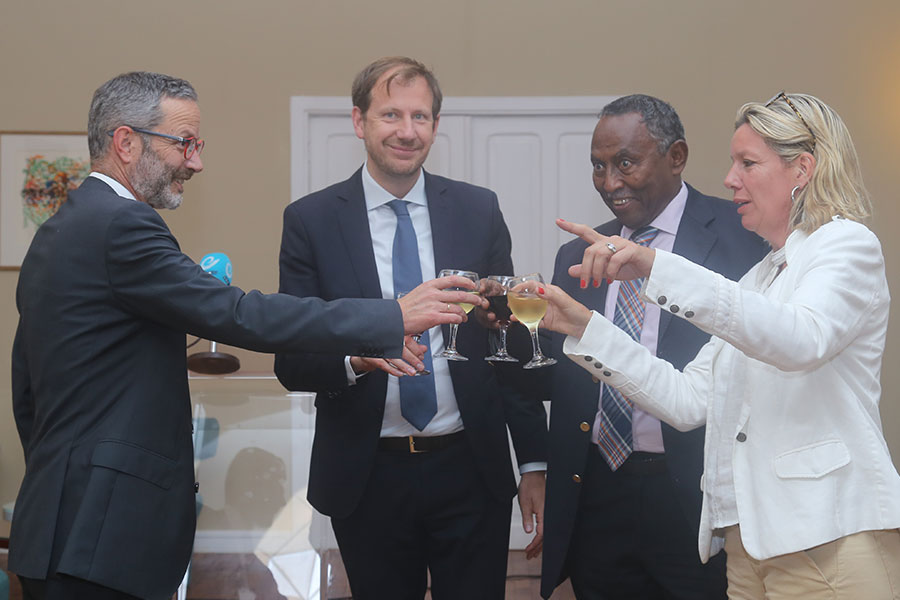
Fortune News | Jun 17,2023
A recent BBC documentary spotlighted a familiar face in war-torn Port Sudan—a city now bearing the scars of a protracted civil war. It was Husam Abdulsalam, a violinist I had come to know from his spellbinding performances at the African Jazz Village in Addis Ababa.
He had often taken the stage as a guest performer, captivating the room with his rendition of “Mashaina / We Went,” a classic by the legendary Nubian trio, Al Balabil. When Husam bowed his strings, time seemed to slow. The club stood still. Waves of nostalgia swept over the audience, especially those who had lived through the 1970s and 80s.
Another night, his arrangement wove together John Coltrane’s My Favorite Things, the haunting folk tune Yematibela Wef (The Bird that cannot be eaten) by the late Masenko maestro Assefa Abate, and his own violin flourishes. After one show, we took a selfie and exchanged numbers. He became a recurring presence on the jazz stage, a rare soul whose artistry felt timeless.
But toward the end of his stay in Addis, Husam grew increasingly anxious. He spoke of Port Sudan with worry, asking about routes home as though planning a mission through war zones, which, in fact, he was. Through Facebook posts, I learned he had arrived. His updates grew somber: instability, safety fears, and immense humanitarian need – food, medicine, shelter. The lofty artistic soul I once watched transport an audience now carried a different burden, channeling his energy into securing meals for the most vulnerable.
That same Husam – artist, academic, now activist – was featured in a BBC report. The footage showed him not merely coordinating logistics, but also cooking and serving food to displaced communities. In his interview, he described the unbearable conditions and the tireless work of volunteers trying make life a little more tolerable to those caught in crisis. Watching him, I was reminded of Churchill’s tribute to the Royal Air Force (RAF): “Never in the field of human conflict was so much owed by so many to so few.” Indeed, this was Husam: compassionate, committed, resolute.
He was not the only Sudanese soul to leave an imprint on Addis.
One night at the Jazz Club, a mellow bouncing reggae beat introduced Sarah Solo, a Sudanese vocalist with a stage presence that defied rehearsal. She told us she had never played with the band before, just a jam session. Yet the room hung on her every note. Her voice, dreamy, meditative and undulating, had the power of an aria and the softness of a lullaby.
She moved with elegance and ease, her presence silencing the crowd in reverent attention. Sarah was completely immersed in the music, letting her guard down and becoming oblivious to her surroundings. The audience was instantly captivated, not only by the sheer beauty of her voice but also by her measured, graceful movements on stage, gliding as smoothly as silk.
Applause followed applause as Sarah quickly became the centre of the room’s energy. People watched in reverent silence, drawn in with a deep, almost spiritual connection. She commanded the moment, making it feel timeless. Her soft, caressing voice washed over the room, transporting listeners to her homeland near the Red Sea.
After the show, I joined a long line of admirers who flocked to show her appreciation. Her radiant smile greeted us all like old friends. When we took a photo together, it captured more than a moment – it captured a kindred connection, two strangers bound by art and empathy. Just like my photo with Husam, it held a shared light.
The Sudanese, I’ve observed, have a soul attuned to friendship, open to bonds across borders. Ethiopia remembers their generosity, decades of hospitality during our own turmoil. Now, sadly, they find themselves displaced. But in Addis, their spirit still shines; kind, hopeful, undeterred.
Sarah, I later learned, is also a medical doctor. I teasingly mentioned Anton Chekhov’s famous quip: “Medicine is my lawful wife, and literature is my mistress. When I get fed up with one, I spend the night with the other.” She laughed, knowingly. The quote though light-hearted on the surface is a poignant reminder of many who oscillate their time and energy between their profession and passion.
Her music, deeply personal, soul-rich, tinged with reggae and Sudanese rhythm, is available on SoundCloud. One track, “I Am a Refugee, a VIP,” stands out. Written in quieter times, it now echoes her lived reality; exile, disillusionment, and yet, dignity. The longing in her song bears an iconic semblance with that of Ethiopian artists like Menelik Wossenachew, Aster Aweke, and Ephrem Tamiru, many of whom once walked the streets of Khartoum and called Sudan a second home.
Then there was Hanna Abubeker, a young photographer from Port Sudan whom I met at THE SPACE, a contemporary art gallery. Her work, part of the exhibition Migration, Her Story, visually narrates the refugee journey through poignant, often haunting imagery. One display was her passport, layered with visa stamps from East African and Middle Eastern cities. Her English was limited, but her photos spoke volumes. When she saw my selfie with Husam, she asked for one of her own. And there it was again: the smile, the spirit, the vulnerability wrapped in quiet strength.
Husam, Sarah, and Hanna share a remarkable trait: a refusal to be defined by their circumstances. In the face of adversity, they have each chosen to rise above, to give generously of themselves, and to carve out hope where despair could easily take root. The hardships they’ve endured have not dimmed their spirit; instead, they continue to believe, to act with compassion, and to build toward something better.
Their resilience and quiet heroism bring to mind the lyrics of Michael Jackson’s call to self-reflection: “If you want to make the world a better place, take a look at yourself and make that change.”
There is much to learn from these kind neighbours who have graced the city I call home. I wish them peace, strength, and all the goodness the world still has to offer; and above all, a safe return to the home they long for.
PUBLISHED ON
May 31,2025 [ VOL
26 , NO
1309]


Fortune News | Jun 17,2023

Life Matters | Aug 10,2024
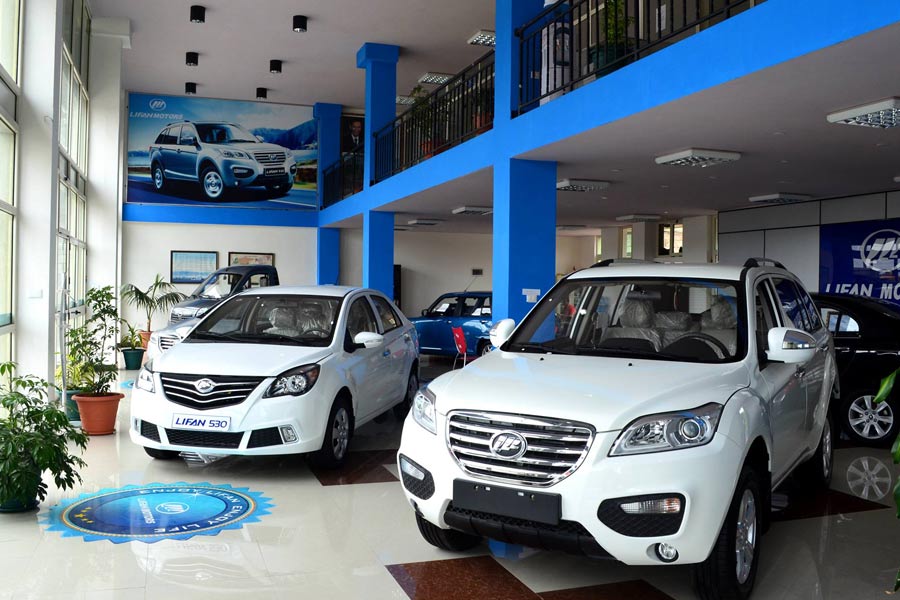
Fortune News | Dec 30,2023
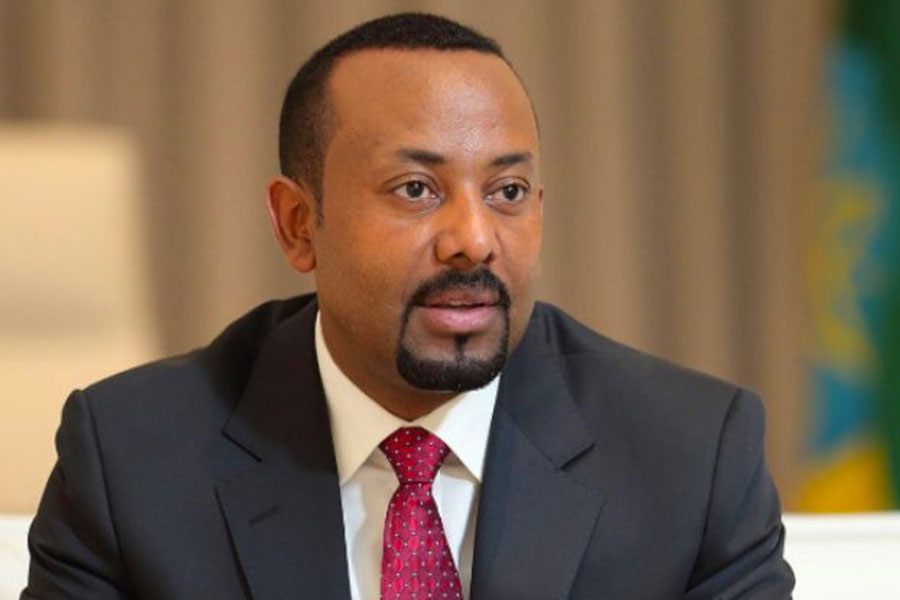
Radar | Sep 05,2022
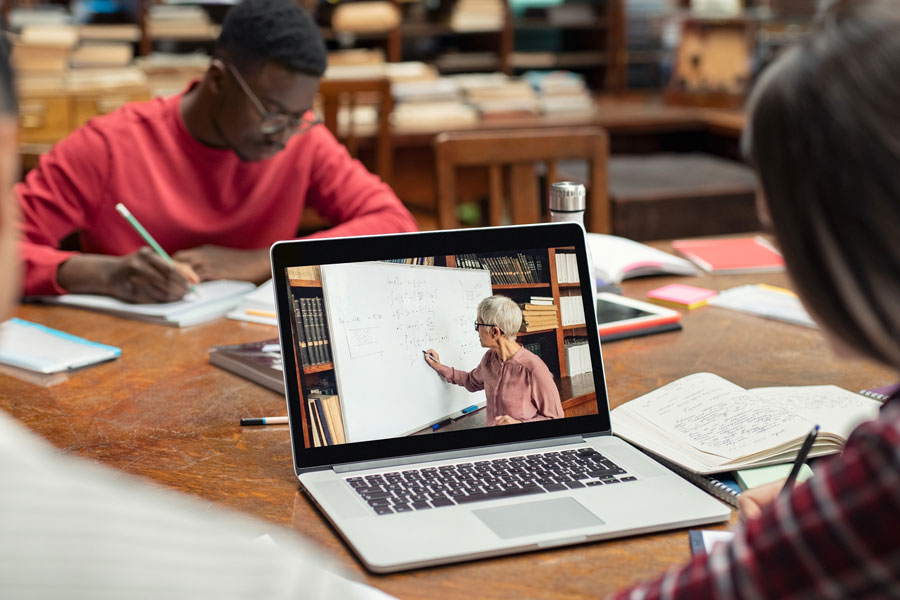
View From Arada | Apr 09,2023
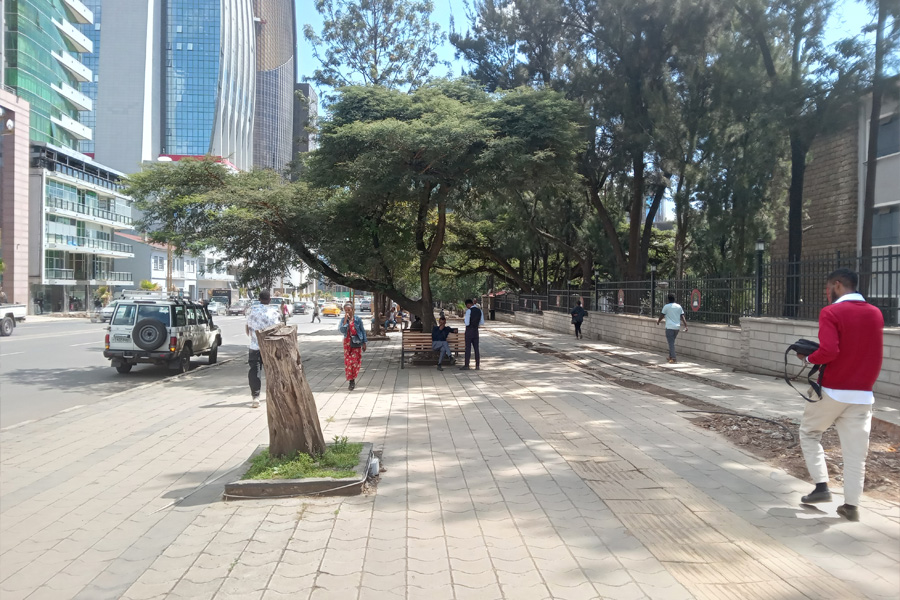
In-Picture | Nov 16,2024
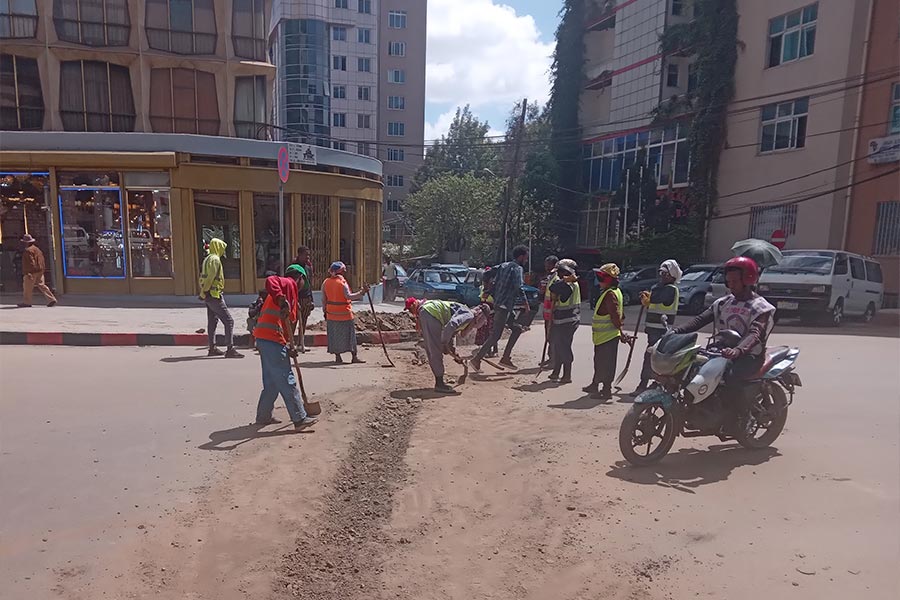
In-Picture | Feb 24,2024

Viewpoints | Aug 13,2022

My Opinion | Oct 05,2024

Radar | Apr 29,2023

Dec 22 , 2024 . By TIZITA SHEWAFERAW
Charged with transforming colossal state-owned enterprises into modern and competitiv...

Aug 18 , 2024 . By AKSAH ITALO
Although predictable Yonas Zerihun's job in the ride-hailing service is not immune to...

Jul 28 , 2024 . By TIZITA SHEWAFERAW
Unhabitual, perhaps too many, Samuel Gebreyohannes, 38, used to occasionally enjoy a couple of beers at breakfast. However, he recently swit...

Jul 13 , 2024 . By AKSAH ITALO
Investors who rely on tractors, trucks, and field vehicles for commuting, transporting commodities, and f...

Oct 25 , 2025
The regulatory machinery is on overdrive. In only two years, no fewer than 35 new pro...

Oct 18 , 2025
The political establishment, notably the ruling party and its top brass, has become p...

Oct 11 , 2025
Ladislas Farago, a roving Associated Press (AP) correspondent, arrived in Ethiopia in...

Oct 4 , 2025
Eyob Tekalegn (PhD) had been in the Governor's chair for only weeks when, on Septembe...